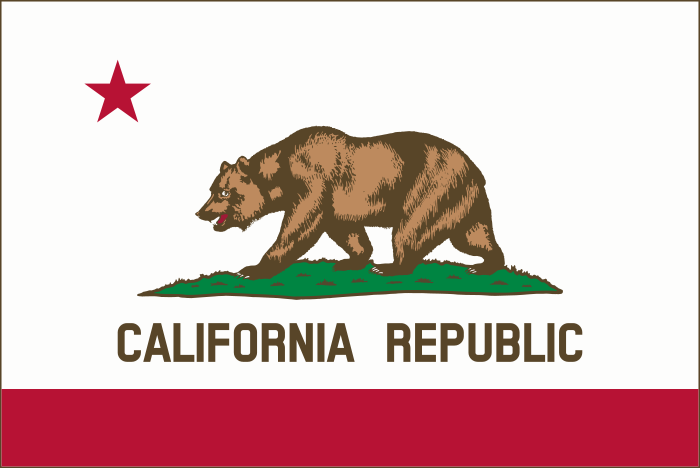California Proposition 15 was rejected 48.1%-51.9% based to votes tallied through November 12. Proposition 15 would have required commercial and industrial properties, except those zoned as commercial agriculture, to be taxed based on their market value, rather than their purchase price. In California, the proposal to assess taxes on commercial and industrial properties at market value, while continuing to assess taxes on residential properties based on the purchase price, was known as split roll.
Proposition 15 would have required that revenue, after accounting for adjustments, be distributed to schools and local governments. The state fiscal analyst estimated that, upon full implementation, the ballot initiative would generate between $8 billion and $12.5 billion in revenue per year.
Proposition 15 would have amended Proposition 13 (1978), which required that residential, commercial, and industrial properties be taxed based on their purchase price. The tax under Proposition 13 was limited to no more than 1 percent of the purchase price (at the time of purchase), with an annual adjustment equal to the rate of inflation or 2 percent, whichever is lower.
More than $148 million was raised for and against Proposition 15, making the measure the second most expensive of 2020 nationwide. Supporters had raised $74.2 million, and opponents had raised $73.8 million. Yes on 15 received contributions from the California Teachers Association ($17.8 million), Chan Zuckerberg Advocacy ($11.6 million), and the SEIU California State Council ($6.3 million). No on 15 received contributions from the California Business Roundtable ($31.9 million), the California Business Properties Association ($1.8 million), and California Taxpayers Association ($1.0 million).



